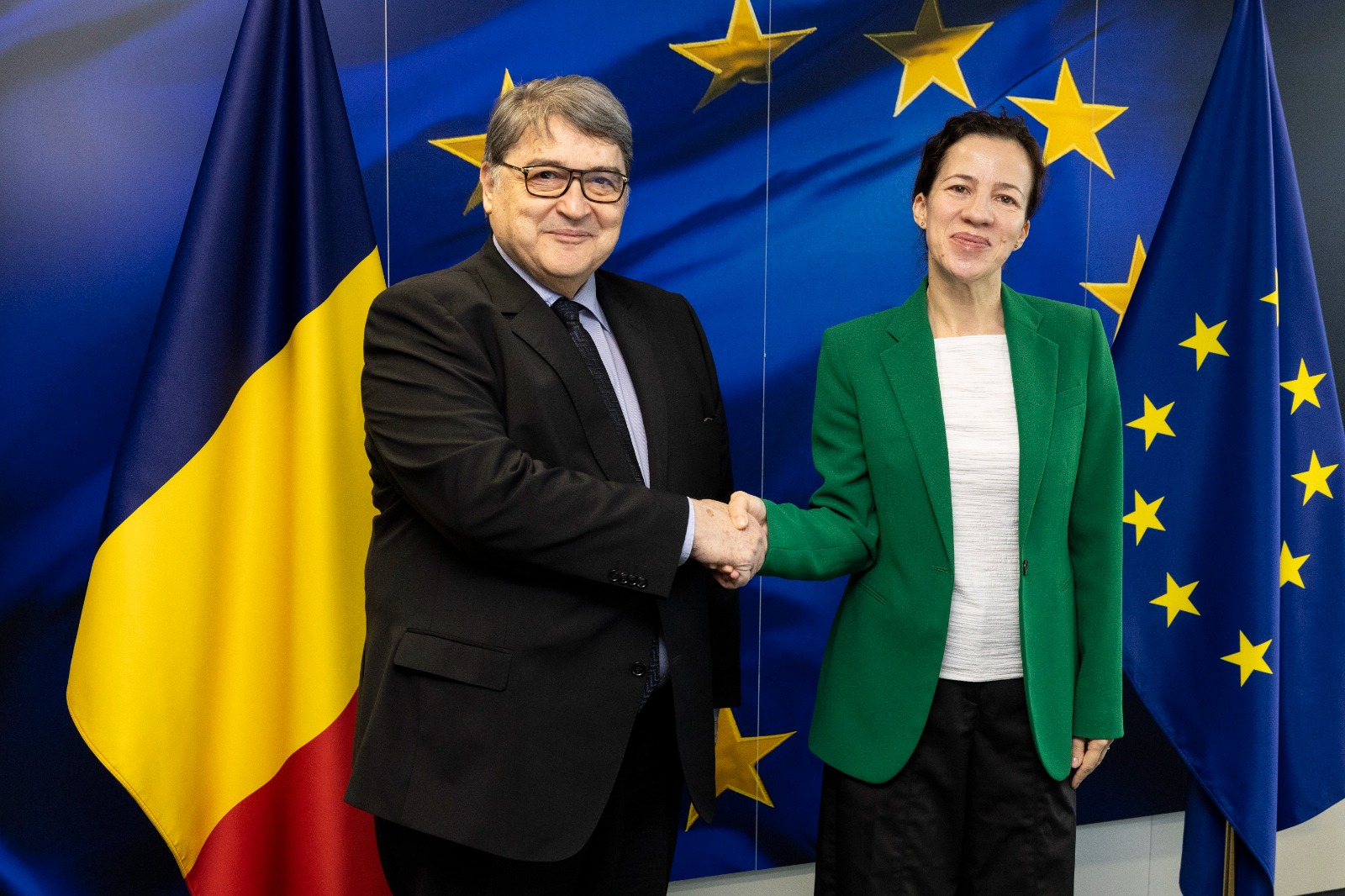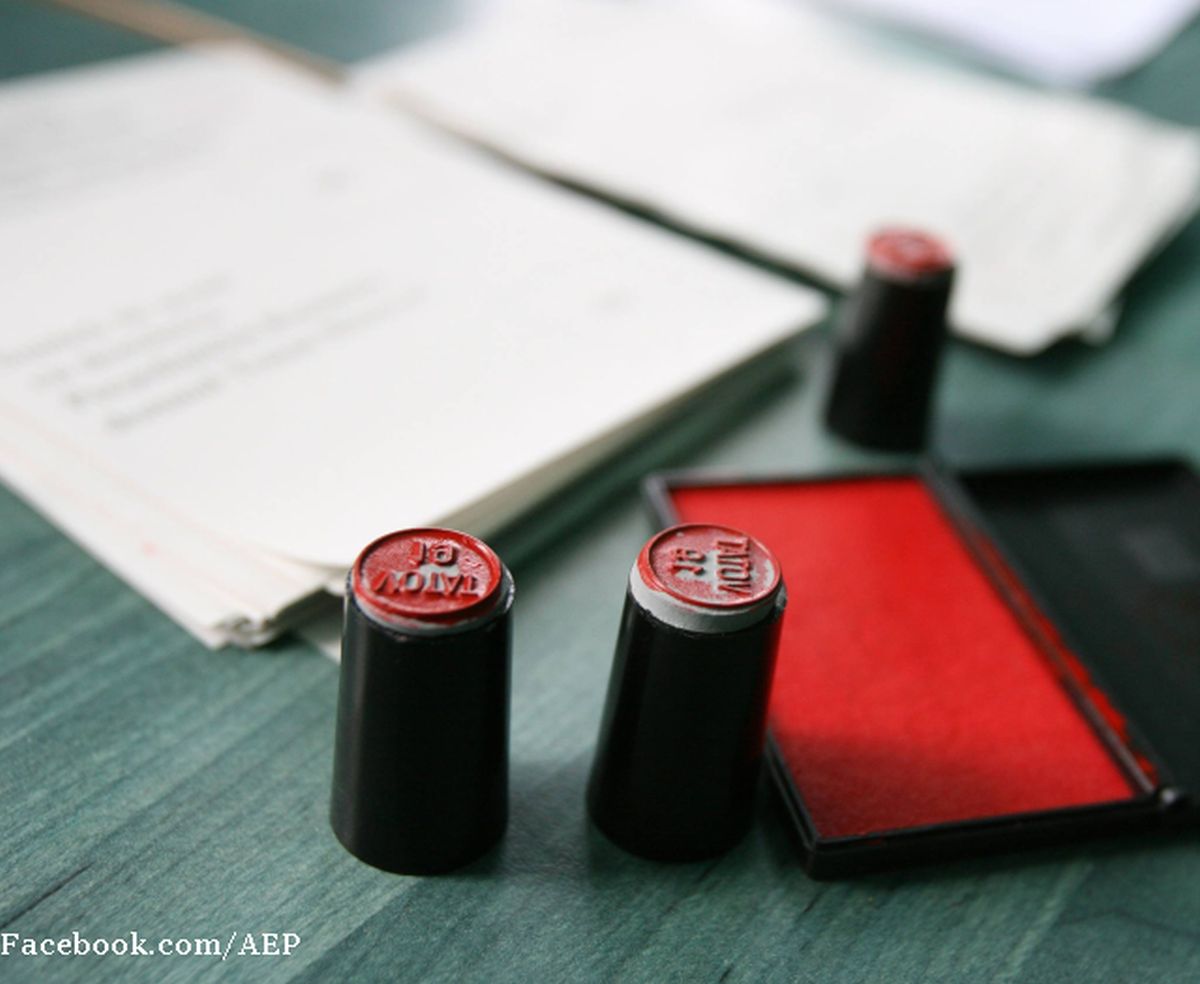The Nastase Case
Former Prime Minister of Romania in the 2000-2004 period, Adrian Nastase on Monday was sentenced to 4 years in prison in a corruption case. The Supreme Court also issued a suspended sentence of 3 years in prison for the wife of the former head of government, while confiscating 400,000 euros from the Nastase family. National Anti-corruption Directorate prosecutors say Nastase claimed and received bribes worth 630,000 euros via his wife. Nastase was charged with taking bribes from Irina Jianu in exchange for keeping her as chief-inspector with the State Inspectorate for Constructions.

Valentin Țigău, 07.01.2014, 13:34
Former Prime Minister of Romania in the 2000-2004 period, Adrian Nastase on Monday was sentenced to 4 years in prison in a corruption case. The Supreme Court also issued a suspended sentence of 3 years in prison for the wife of the former head of government, while confiscating 400,000 euros from the Nastase family. National Anti-corruption Directorate prosecutors say Nastase claimed and received bribes worth 630,000 euros via his wife. Nastase was charged with taking bribes from Irina Jianu in exchange for keeping her as chief-inspector with the State Inspectorate for Constructions.
The Nastase family allegedly used the money to buy goods from China for their personal residence in Bucharest. In addition, Adrian Nastase also received undue benefits from the former Romanian Consul to China Ioan Paun in exchange for the promise to keep him in office. Given that Nastase had been released on parole after serving nine months of his prison sentence in another corruption case, the former Prime Minister is expected to demand the merger of the two sentences, hoping to see the time already served written off. Nastase claims he is innocent, saying that his corruption case was politically orchestrated.
The Social-Democratic Party, whose member he is, and its leader Prime Minister Victor Ponta back his argument, saying that ever since 2005 Nastase has been the main target of his political opponent president Traian Basescu. Ponta has compared the Nastase case with that of former Ukrainian Prime Minister Yulia Tymoshenko. The international press immediately reported that unprecedented decision. The BBC, France Presse and the Associated Press recall that the European Union has been monitoring progress in terms of reforms in the Romanian judiciary for several years now.
Brussels criticizes Romanian judges for delaying rulings even for 5-6 years since the original prosecution. In some cases, pettifoggeries often result in the write-off of crimes committed by politicians, businessmen, CEOs, magistrates, police officers or military. The final indictment of Adrian Nastase is due to weigh heavily in the forthcoming report on the Romanian judiciary that the European Commission is due to make public in January. The report was due to be released in December 2013. A positive assessment is due to give Romania hope of joining the Schengen passport-free travel area.






























